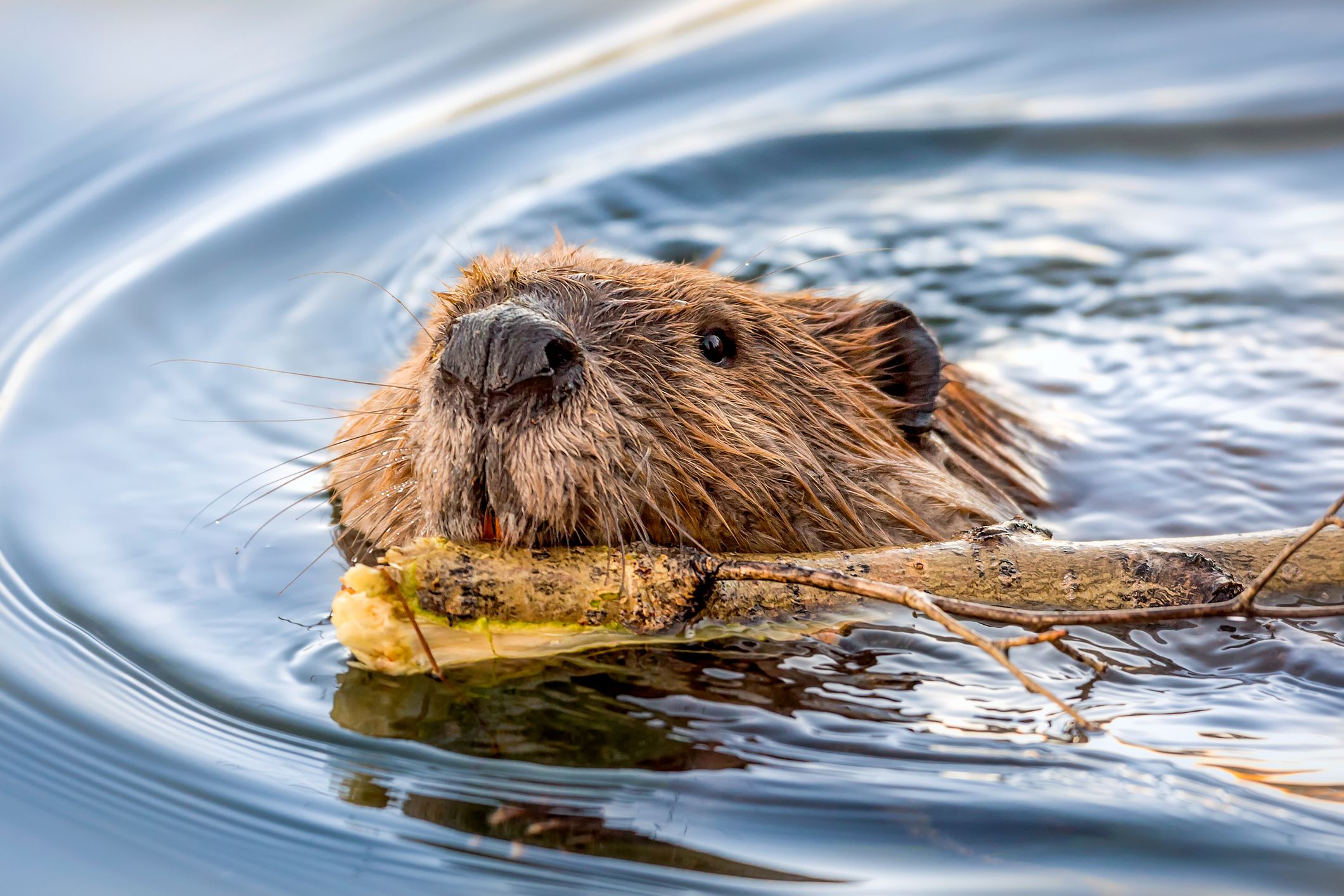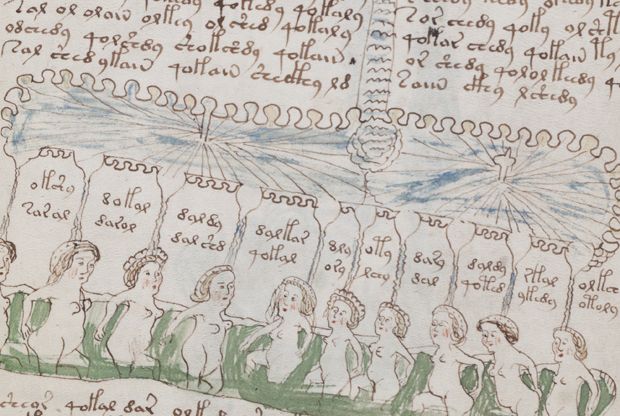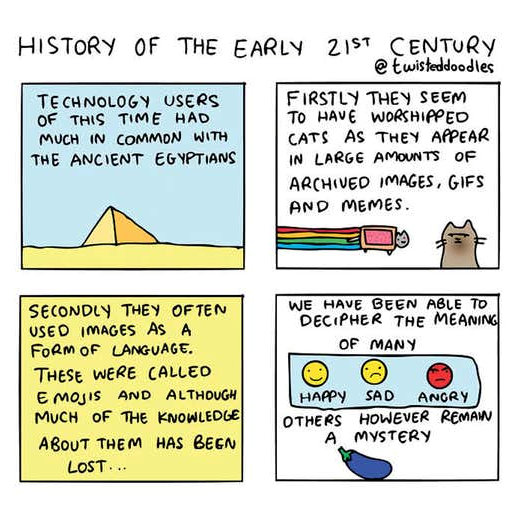This month we have a well packed collection of links to items you may have missed the first time, so let’s get in …
Science, Technology, Natural World
You know those experiments physicists are always doing to spot invisible subatomic particles? Here’s an item on how they do it. [LONG READ]
One scientist looks at five reasons why sorting out evidence for UFOs is so scientifically challenging. [£££££]

The Gulf Stream is an important factor in controlling the Northern Hemisphere’s climate, but scientists have now seen warning signs that it is about to collapse.
They’re dastardly cunning and to cap it all it seems squirrels use parkour tricks when leaping from branch to branch.
The genomes of living animals are littered with DNA from long-extinct relatives, which is beginning to provide information on evolution, extinctions, and maybe even solutions to current agricultural problems. [LONG READ]
While we’re looking for clues, two studies have successfully detected DNA of wildlife in the air around us. This could become a valuable new way to detect rare wildlife in hostile environments.
Just what genetic tricks do the longest-lived animals need to drive their longevity? [LONG READ]
Health, Medicine
One young woman tells us about something most of us have never heard of: pelvic congestion syndrome. [LONG READ]
Sexuality
Our favourite medieval historian tells us about the power of pushing back against the marginalisation of sex workers – then and now.
Environment
Have you ever seen a ghost-pond? If not Norfolk apparently has loads of them, and they’re being restored to uncover a treasure trove of long-lost plants.

The UK government has given a rather (too?) cautious welcome to beavers and indicated they’ll receive legal protection.
Birds of prey are declining in the UK, but one farmer is trying to lure them back by laying out dinners of roadkill etc. on raised “sky tables”.
Oh dear! The Law of Unintended Consequences strikes again. They may produce better light for us (compared with the old sodium lamps) but it seems that LED streetlights are causing significant declines in moth numbers in England.
So just how hard is it to recycle a jumbo jet?
History, Archaeology, Anthropology
Long, long ago during the ice-ages, when sea level was much lower, the North Sea was an inhabitable oasis connecting the British Isles to mainland Europe. Despite being overwhelmed this so-called “Doggerland” is giving up its secrets due to fishing and dredging.
So how did the Mayans survive in the extreme monsoon climate of Meso-America? They had some really surprising technology!
Archaeologists in Finland have revealed the puzzling burial of an Iron Age leader. However the grave goods don’t entirely fit with the normal expectation of such leaders being male, and the suggestion is that this individual was in some way non-binary.
Why did Harold Godwinson lose the Battle of Hastings? Because his elder brother Swegen died some years earlier leaving the way open for Harold to seize the kingdom. [LONG READ]
700 years before McDonald’s, London’s first recorded takeaway was selling venison, pheasants and boiled meat.

Here we go again! The Voynich manuscript has resolutely refused to give up its secrets despite years of effort by researchers. Now another is hoping that the lock can be cracked using linguistic statistical methods.
Dr Eleanor Janega, our favourite medieval historian, reappears in her rightful place with two articles about medieval summers: “On Leisure in August” and “On Bad Summers“. [BOTH LONG READS]
Food, Drink
Anyone interested in beer, might be staggered to know that German chemists have identified over 7,700 different chemical formulas, each with as many as 25 different molecular structures, in a range of 400 beers.
Lifestyle, Personal Development, Beliefs
Well colour me black and blue! It turns out that getting a tattoo can be a powerful means of reclaiming your body and processing grief or trauma – Oh, and getting decorated. Of course it is; like piercing it is a rite of passage.
Shock, Horror, Humour, Wow!
And finally I leave you with this thought:

